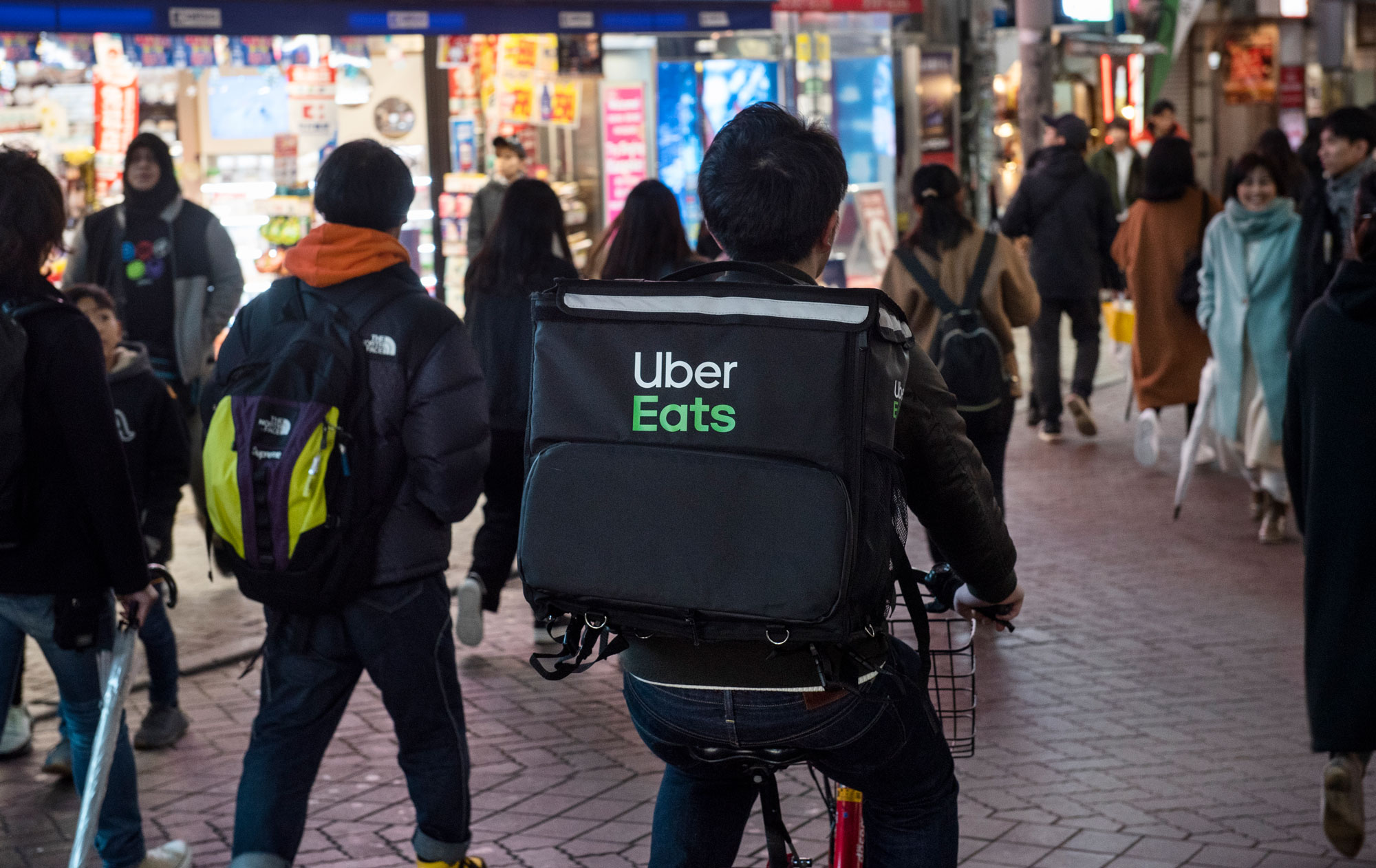Coronavirus is revealing the gig economy’s sharp inequalities

A divide: The growing coronavirus outbreak is creating fear and confusion for contractors who lack the protections afforded to permanent employees.
This story is part of our ongoing coverage of the coronavirus/Covid-19 outbreak, which is available free of charge. You can also sign up to our dedicated newsletter.
No work, no pay: While many tech companies have directed employees to work from home, that just isn’t possible for frontline workers like drivers or couriers. For contractors who are paid by the hour, if they don’t clock in, they earn nothing. “Our second-class status now has literal health implications,” Josh Borden, a contractor for Google, told The Guardian.
Varying responses: Uber said yesterday that it may suspend the accounts of any rider or driver who tests positive for the coronavirus (it is not clear how it will enforce this). Amazon said it won’t dock attendance points from workers who don’t show up to its warehouses during the crisis. And Amazon, Instacart, DoorDash, Uber, and Lyft have all promised to give their gig workers up to two weeks of sick pay if they can show they have been diagnosed with or quarantined because of Covid-19. Some of these companies are raising funds to help contractors pay medical bills.
In a statement, Google said: "To serve our users and keep our products running, some work, performed by Google employees, temporary staff and vendors alike, can only be done by people physically present at offices. We're taking all necessary and recommended precautions, including increased sanitization and social distancing, a public health best practice."
The response: These measures don’t seem to have done much to quell workers’ worries so far. “I’ve delivered to plenty of customers this week who answer the door and look sick. What if they’re under quarantine? What if they’re self-quarantined? Every time you make a delivery, you’re putting yourself at risk, but there’s no way around it,” Debbie, who like many drivers and couriers works across multiple apps, told MEL magazine.
Longer-term trends: For now, people seem to be focusing on just getting through coming days and weeks. But the coronavirus has brought painful clarity to the tech sector’s pervasive inequality. Instacart workers voted to unionize last month. We’ll see if others follow suit.
Keep Reading
Most Popular
Large language models can do jaw-dropping things. But nobody knows exactly why.
And that's a problem. Figuring it out is one of the biggest scientific puzzles of our time and a crucial step towards controlling more powerful future models.
The problem with plug-in hybrids? Their drivers.
Plug-in hybrids are often sold as a transition to EVs, but new data from Europe shows we’re still underestimating the emissions they produce.
Google DeepMind’s new generative model makes Super Mario–like games from scratch
Genie learns how to control games by watching hours and hours of video. It could help train next-gen robots too.
How scientists traced a mysterious covid case back to six toilets
When wastewater surveillance turns into a hunt for a single infected individual, the ethics get tricky.
Stay connected
Get the latest updates from
MIT Technology Review
Discover special offers, top stories, upcoming events, and more.